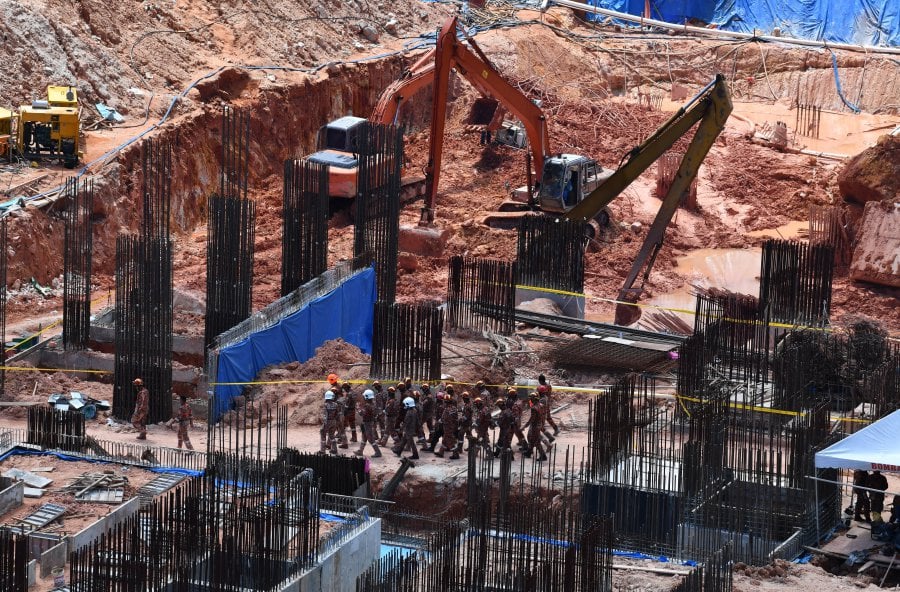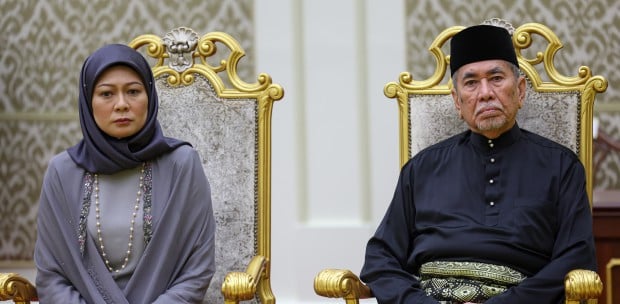KUALA LUMPUR: State governments and local authorities have the final say over the approval of development projects within their respective areas.
This also means that the Department of Environment (DOE) does not have any authority to stop project approvals, as the state has absolute power over land matters in their state.
Natural Resources and Environment Minister Datuk Seri Dr Wan Junaidi Tuanku Jaafar, in clarifying this, said the state’s power on land use and changing the status of the land use is absolute under the Federal Constitution.
“They (the state) can ignore our advice. We have no recourse.
“Any land-related matters, we (the ministry) have no power to overrule or object. We have no say, and we cannot even voice an objection,” he said.
Wan Junaidi was referring to the Penang administration’s role in Saturday’s Tanjung Bungah landslide tragedy, which saw 11 people killed at a hill slope construction site.
Ten of those killed were foreign construction workers while the other is a Malaysian.
Yesterday, the ministry had disclosed that the DOE had objected to the project from as early as Jan 23, 2015. Among the reasons given were that it was located close to a granite quarry which conducted rock blasting, and the lack of a buffer zone between the quarry and the residential project.
However, the project developer began construction works despite not obtaining DOE’s approval.
The ministry said it had concluded that it was “not a safe and peaceful environment for people to live in”. The ministry had also expressed its disappointment over the Penang government’s lack of oversight on the project despite objections from the onset.
Meanwhile, Wan Junaidi said the plans, highlighting that the project is located near an existing quarry, as well as details on its buffer zone, does not meet the guidelines of the Siting and Zoning of Industries and Residential Area 2012.
However, he clarified that the guidelines are not legally binding.
“The guidelines are only references for technical planning tools in assisting the local authority to make decisions in approving the project,” he said.
He added that the developers could have obtained their approvals from the local authority as it is not under DOE’s jurisdiction (Environmental Quality Act 1974).
Meanwhile, Gerakan Central Legal and Human Rights Bureau chief Datuk Baljit Singh said ignorance of the DOE’s recommendations meant that the administration was negligent and reckless.
“Why did they ignore these recommendations? Why did they need special approval?” he asked.
Baljit said there was no way that the Penang government could have been left out prior to the commencement of the project.
“Who approved it? Is the state government trying to wash their hands clean?”
According to Baljit, ignoring the DOE’s recommendations also meant the responsible parties are liable, as they took a risk.





